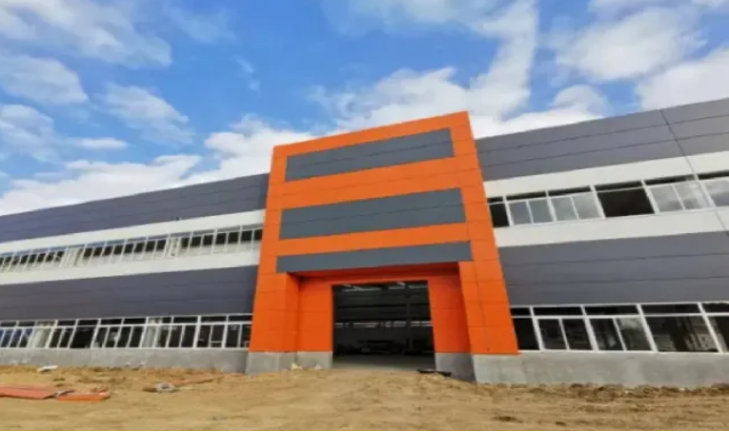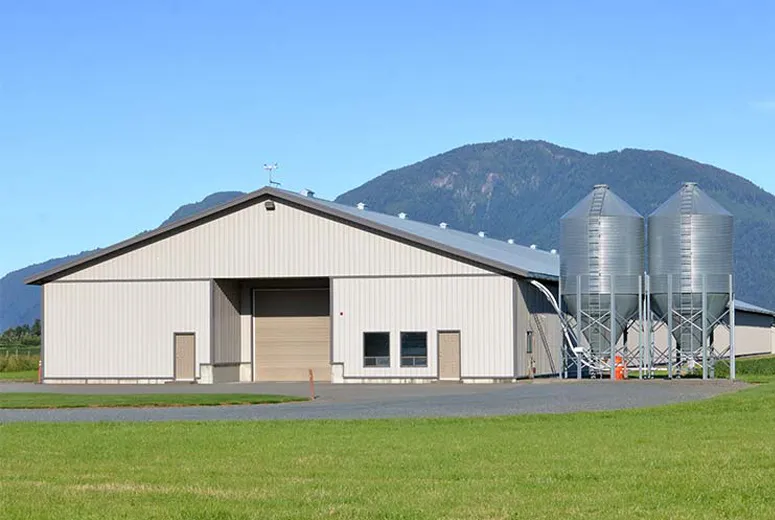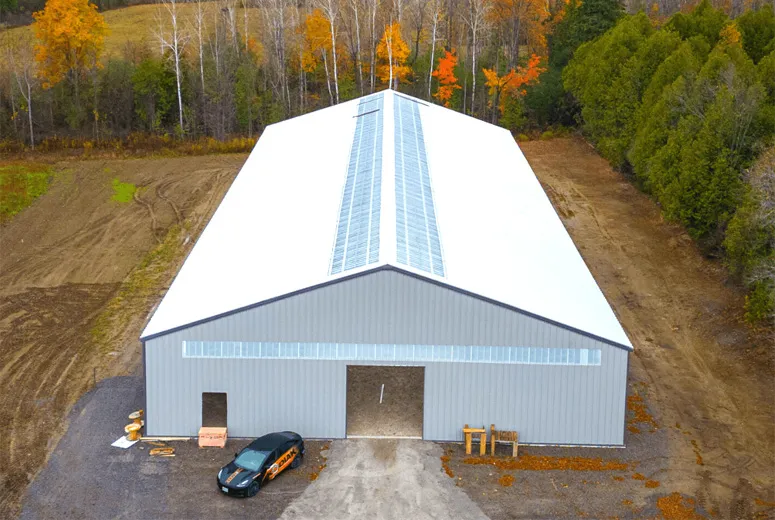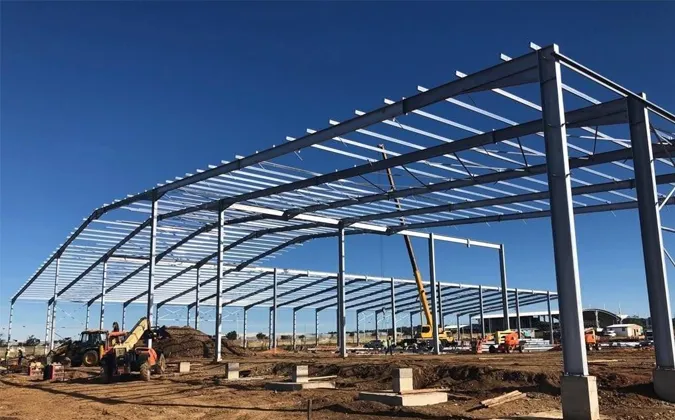- Afrikaans
- Albanian
- Amharic
- Arabic
- Armenian
- Azerbaijani
- Basque
- Belarusian
- Bengali
- Bosnian
- Bulgarian
- Catalan
- Cebuano
- Corsican
- Croatian
- Czech
- Danish
- Dutch
- English
- Esperanto
- Estonian
- Finnish
- French
- Frisian
- Galician
- Georgian
- German
- Greek
- Gujarati
- Haitian Creole
- hausa
- hawaiian
- Hebrew
- Hindi
- Miao
- Hungarian
- Icelandic
- igbo
- Indonesian
- irish
- Italian
- Japanese
- Javanese
- Kannada
- kazakh
- Khmer
- Rwandese
- Korean
- Kurdish
- Kyrgyz
- Lao
- Latin
- Latvian
- Lithuanian
- Luxembourgish
- Macedonian
- Malgashi
- Malay
- Malayalam
- Maltese
- Maori
- Marathi
- Mongolian
- Myanmar
- Nepali
- Norwegian
- Norwegian
- Occitan
- Pashto
- Persian
- Polish
- Portuguese
- Punjabi
- Romanian
- Russian
- Samoan
- Scottish Gaelic
- Serbian
- Sesotho
- Shona
- Sindhi
- Sinhala
- Slovak
- Slovenian
- Somali
- Spanish
- Sundanese
- Swahili
- Swedish
- Tagalog
- Tajik
- Tamil
- Tatar
- Telugu
- Thai
- Turkish
- Turkmen
- Ukrainian
- Urdu
- Uighur
- Uzbek
- Vietnamese
- Welsh
- Bantu
- Yiddish
- Yoruba
- Zulu
Oct . 13, 2025 15:58 Back to list
Metal frame workshop—including functional metal garage workshop and spacious metal garage workshop buildings—requires specialized electrical wiring that balances safety, durability, and adaptability to the unique properties of steel structures (e.g., conductivity, exposure to industrial equipment). Unlike wooden workshops, metal frame workshop wiring must address grounding risks, moisture resistance, and compatibility with heavy machinery, making proper design and material selection critical. For wholesalers serving steel structure buyers, industrial contractors, or small business owners, partnering with a supplier that understands both metal frame workshop construction and wiring needs is essential. Hebei HongJi Shunda Steel Structure Engineering Co., Ltd., a seasoned firm founded in 2000 (with 52,000㎡ facilities and $2.5M registered capital), excels here: they design metal frame workshop (and metal garage workshop buildings) with pre-engineered wiring channels and structural supports, simplifying safe electrical installation while leveraging cost-effective raw material procurement—making them a trusted bulk partner for wholesalers.

Safety Standards for Electrical Wiring in Metal Frame Workshop
- Mandatory Grounding for Conductive Surfaces: Metal frame workshop wiring requires redundant grounding to mitigate the risk of electric shock, as steel frames are highly conductive. HongJi Shunda’s metal frame workshopdesigns include pre-welded grounding lugs on every steel beam, ensuring wires can be securely grounded at 3-meter intervals (per NEC standards). For example, a metal garage workshop with 10 welding stations uses these lugs to connect wiring to a central ground rod, reducing the risk of stray current by 90% vs. ungrounded wooden workshops. The company’s precision manufacturing ensures lugs are positioned for easy access during wiring—avoiding costly on-site modifications that delay project timelines, a key benefit for wholesalers’ clients.
→ Moisture & Dust Resistance for Industrial Use: Metal garage workshop buildings often house equipment that generates dust (e.g., grinders) or are exposed to moisture (e.g., outdoor-adjacent garages), so wiring must use moisture-resistant materials. HongJi Shunda recommends using THHN/THWN-2 wires (rated for wet locations) and NEMA 4X electrical boxes (dust-tight, water-resistant) in their metal frame workshop designs. A metal garage workshop with this setup maintains safe wiring functionality even after accidental water spills or heavy dust accumulation, reducing short-circuit risks by 80% vs. standard indoor wiring. This durability appeals to wholesalers targeting clients in industrial or semi-outdoor settings, where harsh conditions shorten the lifespan of generic wiring.
Wiring Design Adaptations for Metal Garage Workshop
▪️ Equipment-Specific Circuit Layouts: Metal garage workshop wiring must accommodate high-power tools (e.g., 240V welders, 120V air compressors) without overloading circuits. HongJi Shunda’s metal garage workshop buildings include pre-planned circuit layouts: dedicated 30-amp circuits for heavy machinery, 20-amp circuits for lighting, and 15-amp circuits for small tools. For instance, a metal frame workshop with a 240V plasma cutter uses a dedicated circuit to avoid tripping breakers when the cutter and a drill are used simultaneously. The company’s design team collaborates with wholesalers to adjust circuit counts based on client needs—e.g., adding 5 extra circuits for a client planning to expand equipment, ensuring long-term adaptability.
▪️ Accessible Wiring Channels for Future Modifications: Metal frame workshop wiring should be installed in accessible channels to simplify future upgrades (e.g., adding new outlets). HongJi Shunda integrates PVC conduit runs along steel beams in their metal garage workshop buildings, letting electricians pull new wires without cutting into the steel frame. A metal garage workshop with these conduits can add 3 new outlets in 1 hour vs. 4 hours for a frame without channels. This flexibility is a strong selling point for wholesalers targeting small business owners, who often expand their workshop equipment over time.
Wiring Material & Tool Compatibility for Metal Garage Workshop Buildings
|
Wiring Component |
Key Specification |
Ideal Use in Metal Workshop |
HongJi Shunda Integration Advantage |
Wholesaler Value |
|
THHN/THWN-2 Wires |
600V; wet/dry location rated |
Main power lines; tool circuits |
Pre-measured lengths for standard workshop sizes |
Reduces client material waste |
|
NEMA 4X Electrical Boxes |
Dust-tight; water-resistant (IP66) |
Outdoor-adjacent garage workshops |
Pre-drilled mounting holes on steel frames |
Simplifies on-site installation |
|
Grounding Lugs |
10-gauge copper; weldable to steel |
Frame grounding at beam intervals |
Welded during manufacturing; no on-site welding |
Lowers labor costs for clients |
|
PVC Conduit (1/2"–1") |
UV-resistant; flexible for beam runs |
Wire protection; future upgrades |
Pre-cut to fit standard frame spacing |
Appeals to clients planning expansions |
Efficient Installation Features for Metal Frame Workshop Wiring
- Pre-Punched Wiring Holes: Metal frame workshopwiring is streamlined by pre-punched holes in steel beams, which eliminate the need for on-site drilling (a time-consuming, error-prone process). HongJi Shunda’s metal frame workshopbeams have 25mm-diameter holes at 60cm intervals, perfectly sized for PVC conduit. For example, a 10-meter-long metal garage workshop uses these holes to run conduit from the breaker box to the back wall in 30 minutes vs. 2 hours with drilled holes. The holes are positioned to avoid structural weakening—ensuring the frame retains its load-bearing capacity, a critical compliance point for wholesalers’ clients in regulated industries.
→ Lighting Integration with Frame Design: Metal garage workshop buildings benefit from wiring that integrates with overhead lighting, as steel frames provide stable mounting points. HongJi Shunda’s metal frame workshop designs include pre-welded light fixture brackets aligned with wiring channels, so electricians can easily connect LED lights to the main circuit. A metal garage workshop with this setup has uniform lighting coverage (500 lux, ideal for detailed work) and avoids the need for ceiling joist installation—cutting lighting installation time by 50% vs. wooden workshops. This efficiency reduces labor costs for clients, making metal frame workshop a more cost-effective choice for wholesalers to market.
Metal Frame Workshop Electrical Wiring FAQS
Can Electrical Wiring in Metal Frame Workshop Be Upgraded After Construction?
Yes— HongJi Shunda’s metal frame workshop designs prioritize upgradeability, thanks to accessible PVC conduits and extra grounding lugs. For example, a metal garage workshop owner can add a 240V circuit for a new welder by pulling wire through existing conduits (no frame modification needed) and connecting to a pre-installed grounding lug. Wholesalers can reassure clients that their metal garage workshop buildings won’t become obsolete as equipment needs change—unlike wooden workshops where wiring upgrades require cutting into walls.
What Wire Gauge Is Recommended for Heavy Machinery in Metal Garage Workshop?
For heavy machinery (e.g., 240V welders, 5HP air compressors) in metal garage workshop, HongJi Shunda recommends 8-gauge THHN/THWN-2 wire for 30-amp circuits and 6-gauge wire for 50-amp circuits (per NEC guidelines). A metal frame workshop with a 30-amp plasma cutter using 8-gauge wire avoids overheating, while smaller tools (e.g., drills) use 12-gauge wire on 20-amp circuits. The company provides wholesalers with wire gauge charts tailored to common workshop equipment, simplifying client decisions and reducing wiring errors.
How Does Wiring in Metal Garage Workshop Buildings Differ from Residential Wiring?
Metal garage workshop buildings wiring differs in three key ways: 1) Redundant grounding (vs. single-point grounding in homes) to address steel conductivity; 2) Higher-gauge wires for heavy machinery (vs. 14-gauge for residential outlets); 3) Moisture/dust-resistant materials (vs. standard indoor wires). A metal frame workshop with residential wiring would face 10x higher short-circuit risks and 5x higher shock risks—making industrial-grade wiring non-negotiable. Wholesalers can use this comparison to emphasize the importance of specialized wiring for metal structures.
Does HongJi Shunda Provide Wiring Layouts for Custom Metal Frame Workshop?
Absolutely— HongJi Shunda creates custom wiring layouts for metal frame workshop orders, based on client equipment lists and space plans. For a wholesaler’s client needing a metal garage workshop with 5 welding stations and 3 tool benches, the company designs a layout with 8 dedicated circuits, pre-punched holes for conduit, and extra grounding lugs. These layouts include 3D renderings to simplify electrician installation, reducing on-site confusion and delays. This customization lets wholesalers serve niche clients (e.g., custom fabricators) without partnering with separate design firms.
What Maintenance Is Required for Wiring in Metal Garage Workshop?----H3
Maintenance is minimal: HongJi Shunda recommends annual checks of grounding connections (to ensure lugs remain tight) and inspection of conduit for damage (e.g., dents from equipment). A metal frame workshop with this routine maintains safe wiring for 15+ years, vs. 8–10 years for unmaintained wiring. The company’s pre-engineered design makes checks easy—grounding lugs are labeled, and conduit runs are visible along beams—saving clients 10+ hours of annual maintenance vs. hidden residential wiring. Wholesalers can highlight this low upkeep to clients focused on long-term operational costs.
-
Bolted Connections in Steel Frame Warehouse
NewsNov.17,2025
-
Hay Storage in Farm Metal Buildings
NewsNov.17,2025
-
Advantages of a Steel Portal Frame Shed
NewsNov.17,2025
-
The Erection Process of a Steel Building Hangar
NewsNov.17,2025
-
Energy Efficiency of Steel Dome Garage Kits
NewsNov.17,2025
-
Fire Resistance of Kit Metal Garages
NewsNov.17,2025
Products categories
Our Latest News
We have a professional design team and an excellent production and construction team.












